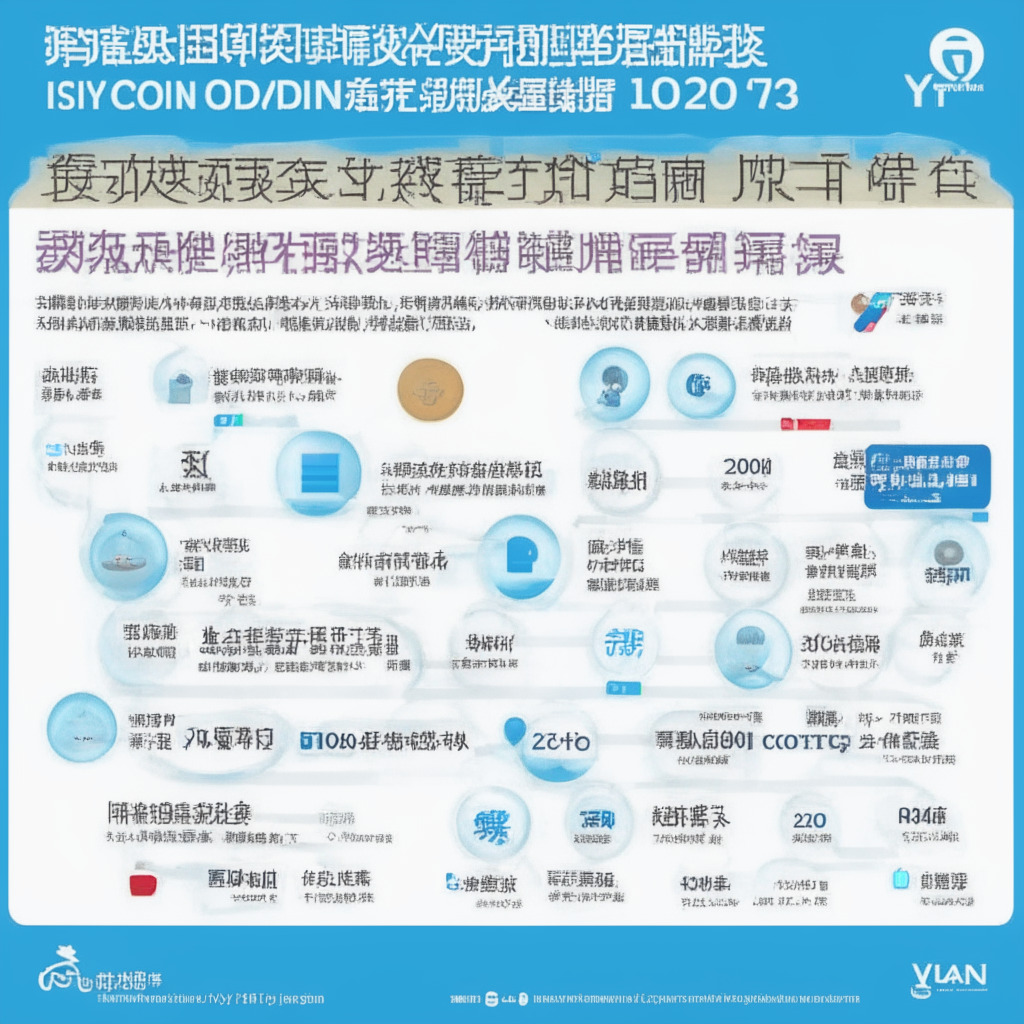In a groundbreaking move, the Hunan Province in China introduced digital yuan loans for tech startups, emphasizing the country’s interest in exploring more central bank digital currency (CBDC) financing options. The Bank of Communications, one of China’s largest state-owned banks, granted around $87,000 worth of digital yuan tokens as loans on May 12, marking an essential milestone for digital yuan in the loan sector.
According to the bank, digital yuan enables real-time online lending, saving time and handling fees for all parties. This development is expected to ensure authenticity and credibility of credit funds. They argue that it would also enhance “inclusive finance,” promoting small and micro businesses in the region, and showcasing the potential benefits of CBDC in lending.
The initial plan for CBDC conceived it as a digital “M0” analog, a substitute for cash. However, over the past year, the Central People’s Bank of China (PBoC) and its commercial banking partners have sought to broaden its use. Currently, the focus lies on employing digital yuan as both a financing tool and a cross-border payment solution. As a result, government organs are looking into ways of utilizing digital yuan to make and accept payments from citizens.
Adding to the versatility of CBDC adoption, a city in Jiangsu Province is expected to make history by becoming the first to issue 100% of its public sector workers’ salaries in digital yuan. These emerging applications of the digital yuan demonstrate the growing appeal of such currencies and their potential to reshape financial systems.
Yet, the strength of any financial system relies on the stability of its currency and infrastructure, which might raise concerns over potential setbacks and pitfalls associated with the digital yuan. Could the embracement of digital currencies like yuan cause volatility in the market and affect investors’ confidence in traditional fiat currencies? Also, as the technology gains prominence, it could potentially lead to technical challenges and cybersecurity risks that need to be addressed diligently.
In conclusion, the introduction of digital yuan loans for tech startups in China signifies the growing importance of CBDCs in modern economies and their potential to transform financial landscapes. As more industries and sectors adopt the digital yuan, it could lead to increased efficiency in lending and payments, while also promoting small businesses. However, it is equally crucial to consider and address the potential risks and challenges arising from such innovations to ensure a stable and secure economic future.
Source: Cryptonews




